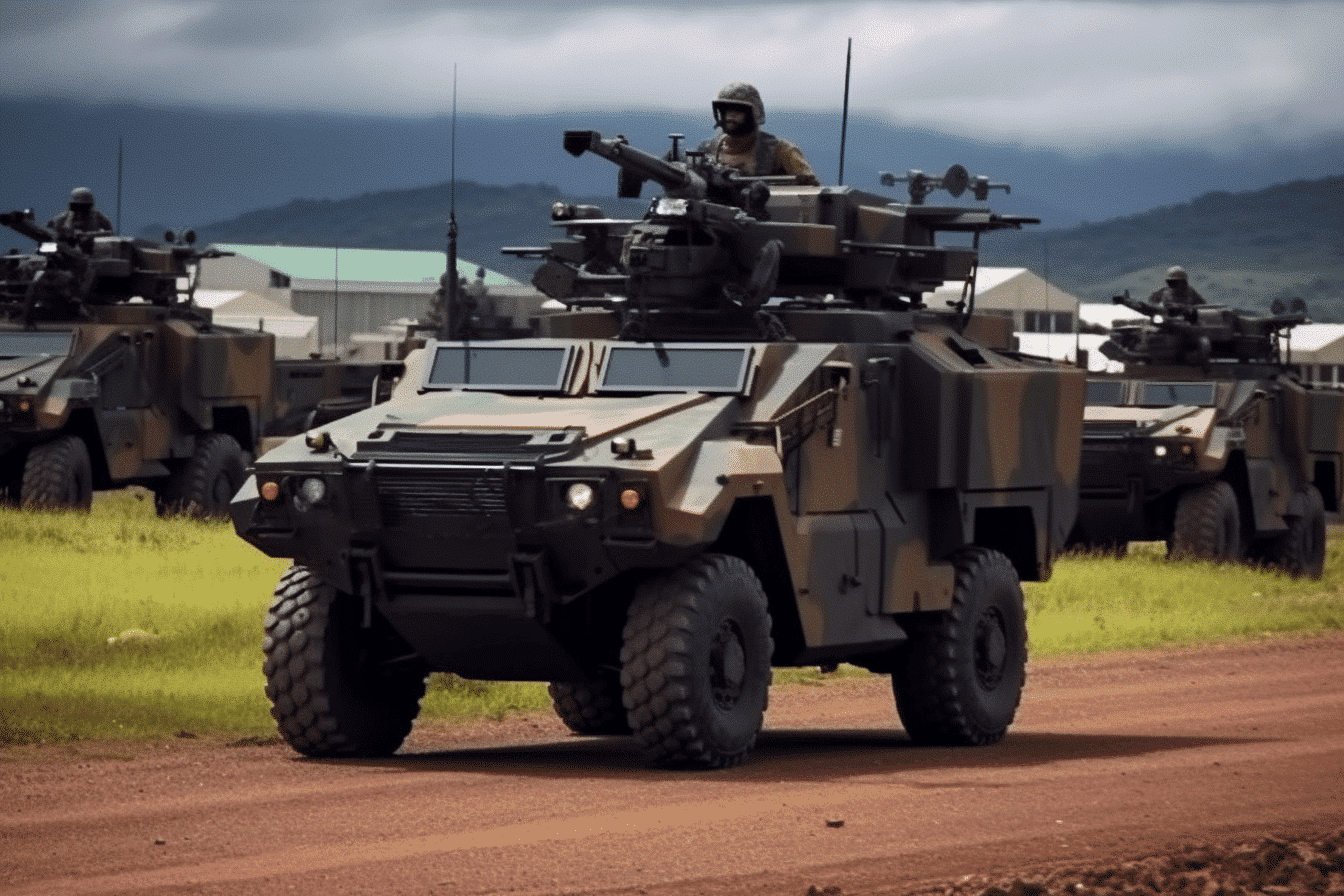Latest U.S. Arms Sales to Taiwan Incites Chinese Criticism
BEIJING – China’s Defense Ministry has accused the United States of destabilizing Taiwan with its recent sale of $440 million of military equipment, labelling the island a “powder keg.” This move from the U.S. has escalated tensions across the Taiwan Strait, drawing sharp criticism from Chinese Defense Ministry spokesperson Col. Tan Kefei.
U.S. Ignoring China’s Core Concerns
“The U.S. ignores China’s core concerns, crudely interferes in China’s internal affairs, and deliberately escalates tensions across the Taiwan Strait,” said Tan, referencing the U.S.’s recent State Department-approved sale of 30 mm ammunition, equipment, spare parts, small arms, combat weapon systems, and logistical support items to Taiwan.
The U.S.’s decision has caused significant upset as China considers Taiwan its territory, potentially to be acquired by force if required.
“Powder Keg” Warning
According to Tan, this move from the U.S. accelerates Taiwan’s transformation into a “powder keg” and pushes its people toward potential disaster. Despite these escalating tensions, Tan insists that the People’s Liberation Army remains ready to maintain peace and stability in the Taiwan Strait.
One China Policy’s Impact
Despite its “One China” policy, the U.S. is legally obligated to provide a credible defence for Taiwan and treat all threats to the island as matters of “grave concern.” This has complicated the U.S.-China relationship, with China frequently resorting to displays of military might to intimidate Taiwan.
Intimidation Tactics and Ongoing Disputes
China’s strategy includes sending warships and planes across the Taiwan Strait’s centre line, entering Taiwan’s air defence identification zone. Recent large-scale drills simulated a blockade of the island, demonstrating China’s opposition to official exchanges between Taiwan and other governments.
Taiwan’s Response
Despite these intimidations, Taiwan’s residents continue to favour the island’s current status of de-facto independence, and a stance solidified following a split from mainland China in 1949. Taiwan actively monitors the situation in response to Chinese activity via its aircraft, navy vessels, and land-based missile systems.
U.S. Support for Taiwan
While promoting the arms sale, the State Department stressed its necessity for U.S. national, economic, and security interests and to support Taiwan’s efforts to modernize its armed forces. It added that the sale would help improve the safety of Taiwan and maintain political stability, military balance, and economic progress in the region.
In addition to the recent purchases, Taiwan has an estimated $19 billion of F-16 fighter jets and other items on backorder from the U.S. Taiwan is also enhancing its domestic defence industries, overhauling training, and extending compulsory national service.
Taiwan’s strategy remains clear as tensions rise: holding off Chinese forces long enough for outside assistance to arrive.
